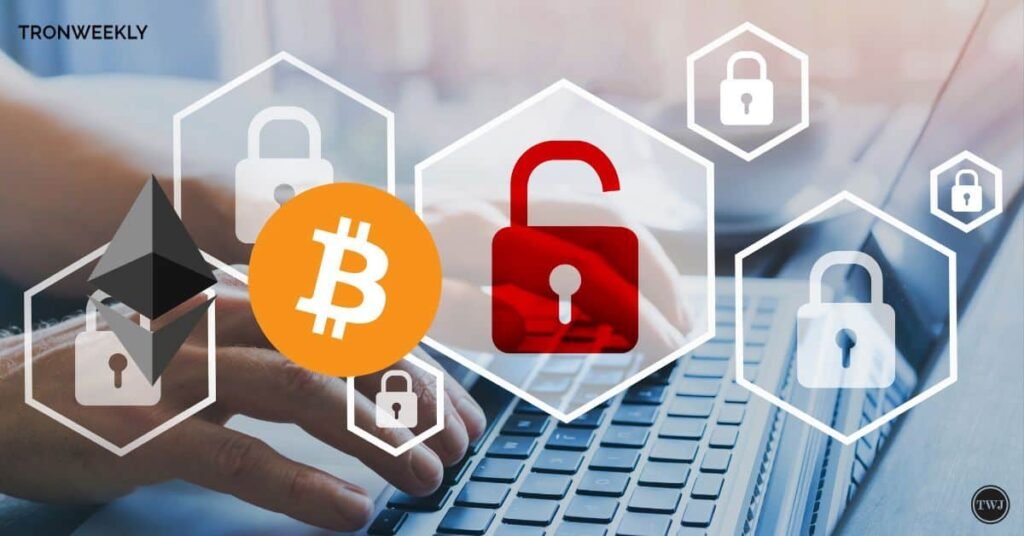How safe are social media platforms?

Just how safe are social media platforms? Social networking companies are known to spend millions of dollars to keep their users protected from hackers on the internet.
With over 2 billion people having at least one account on either Facebook, Instagram, Youtube or Whatsapp, it goes without saying that social media is one of the cyber criminals’ favorite playgrounds they are always looking to exploit. After all, where else would one find such a large database of active internet users?
In fact, it would be shocking to know that over 80 percent of all internet crimes involve some kind of a social media platform. Criminals might use this information as identity theft to carry out various other crimes on the internet.
But, shouldn’t social media companies make sure that the user information they possess is well protected? Ultimately, that’s where their money is…
They definitely do! Most social media websites and apps that are used today are either owned by Facebook or Google. And as far as any serious intrusion of their servers resulting in substantial data theft is concerned, that actually never happened. Rather, most security compromises happen due to intelligent social engineering by hackers. According to a figure released by Facebook, that number was as high as 500,000 accounts in a single day.
So, what is social engineering? And, how do hackers get access to users’ accounts?
To gain access to a user’s account, all that is required is their username and password. The concept is straightforward. Hackers may employ one of their many deceptive techniques that have been carefully planned to manipulate individuals into providing personal information voluntarily. All they need is a platform to carry it out and that being – social media! Let’s discuss a few of these methods one at a time:
Phishing
For many, this term might not be new and some might have already been a victim of it. Phishing is a technique to obtain confidential information like usernames, passwords, bank, and credit card details through fraudulent disguised emails or WebPages asking users for their usernames and passwords.
Before the advent of social media, cyber culprits used emails to facilitate such operations. Today, social media websites have made this process a lot easier as once a user’s account is compromised, hackers proceed further by exploiting others in his friend’s network. Since users tend to use the same username and password across multiple platforms for simplicity, a breach of one account might have consequences on others as well.
Keyloggers
Keyloggers are software that, once installed on the system, monitor every move of a user. This includes typing usernames, passwords, and other sensitive information. The easiest way for hackers to entice users to install such software is by providing a link to a disguised software that claims to have a different purpose.
Wi-Fi networks
While you should be pretty safe if you are just using your private Wi-Fi connection, things might get a little unpleasant when it comes to public networks. Of course, it depends on the type of network itself and the devices connected to it. Cyber criminals have certainly been able to sniff data from users who are connected to weakly secured networks.
Physical access and Theft
One doesn’t really need to be a cyber mastermind to gain access to ones social media accounts. All that is required is gaining access to a user’s device. In fact, letting your device be in the wrong hands even for a few minutes is enough to have your valuable data stolen.
Most of us rely on our browsers and different website to remember our usernames and passwords. After all, why should we type in our information when our devices can remember them for us. However, these must be stored somewhere, right? Depending on the browser, these are saved in different locations on the user’s computer. Though they are encrypted, it wouldn’t be safe to presume they cannot be cracked once their location is known.
How can we keep our accounts safe?
Keeping your accounts secure shouldn’t be a devil of a job. All that is required is a little caution and awareness. After all, a small human error is all that a hacker might be looking for.
We’ve discussed the various techniques cyber attackers use to intrude into users’ accounts. Apart from that, there are various things that should be kept in mind while using social media. Let’s see how we can avoid them.
- Use strong usernames and passwords that are hard to crack. Additionally, you can use a password manager to help you store them.
- Avoid logging in through public hotspots. Not all social networking websites have a secure login system.
- Be careful while clicking on links. It is best to avoid them if they aren’t from a known source. Hackers might often post tempting links to malicious phishing websites.
- Keep your firewall on and anti-virus up-to-date.
- Go through your profile settings. If you feel you want to hide some of your information, do not hesitate to do so.
- Provide the least amount of personal information – If you are an administrator of a Facebook page, it is best to keep that role only to your self. An administrator has full access and control to a business page, including the ability to delete it, even if it wasn’t created by him. While you may have enough trust on someone you are assigning the role to, you never know when his account security is breached. Keeping the role to a moderator or editor is the way to go.
- Remember to log-out of your accounts after every session.
- Do not share your photos while you are away from home. Your absence might pose a risk of someone breaking into your house.
- Disable location settings. You wouldn’t want all your friends and followers to know your exact location.
Social media platforms spend millions of dollars to keep their users protected. With so many social media networks out there today, one might be too lazy to take the necessary precautions to keep his accounts safe. However, it must be noted that almost all security breaches happen due to one kind of human error or another.
Be the first to write a comment.







There are no comments yet. Add your comment to start the conversation.